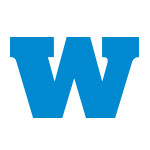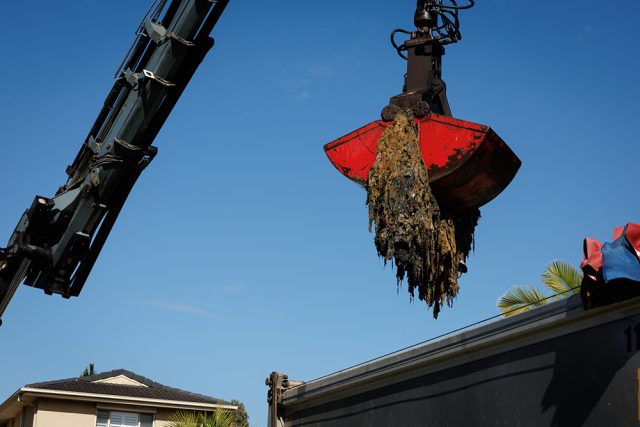Penrith is choking on its own wet wipes, with the suburb sixth on the list of blockages in the sewer and wastewater network last year.
Castle Hill has topped the list, with Sydney Water removing 71 blockages in 12 months, followed closely by Blacktown (63) and Liverpool (53).
Penrith had 39 blockages and was sixth on the list.
Called ‘fatbergs’, the blockages are caused by wet wipes and other unwanted debris including grease and fat clogging up our sewer pipes.
In one single cleaning session a ‘fatberg’ weighing 14 tonnes was removed from the wastewater system in Sydney’s south west – which equates to more than one million wet wipes.
It’s another reminder that things like wet wipes, tissues, sanitary products, cotton buds and dental floss and other household waste should never be flushed down the toilet, while fats, oils and food scraps shouldn’t be put down the kitchen sink.
“We’re really urging customers not to flush wet wipes and plastic products down the toilet, and certainly not to put fats, oils and grease down the sink in their kitchen. Those products should go in the bin,” said Sydney Water Head of Wastewater and Environment, Iain Fairbairn.
“It’s a massive problem and we have an enormous number of blockages each day across the wastewater network. We’re seeing an increasing contribution of wet wipes, oils and grease in those blockages.
“Fatbergs are a ‘perfect storm’ of wet wipes, oil & grease, cotton buds, hair and many other products that don’t belong in the wastewater system, all combing into an enormous mass, that once big enough, can block the sewer.
“I think most of our customers, once they flush their toilet, forget about it – as long as it’s disappeared. They’re not aware of what happens downstream and how their actions can contribute to these blockages and impact the environment.”

Weekender Newsroom
This post has been published by the team in our newsroom.

